The Dachshund body shape makes them more prone to bulking up. It doesn’t help that they are expert beggars and get carried around a lot because they are small. But being overweight is really bad for your Doxie’s long back, hips and short legs. The strain can cause all kinds of health issues and even shorten their lifespan. Because of this, it’s important to recognize when yours has packed on a few extra pounds. The following are 3 signs your Dachshund is overweight. If your Doxie appears overweight, have a vet check him out to make sure it’s not medical related. If it’s not, it’s time to start a diet and exercise regimen.
How Much Should Dachshund Weigh?
16 to 32 Lbs
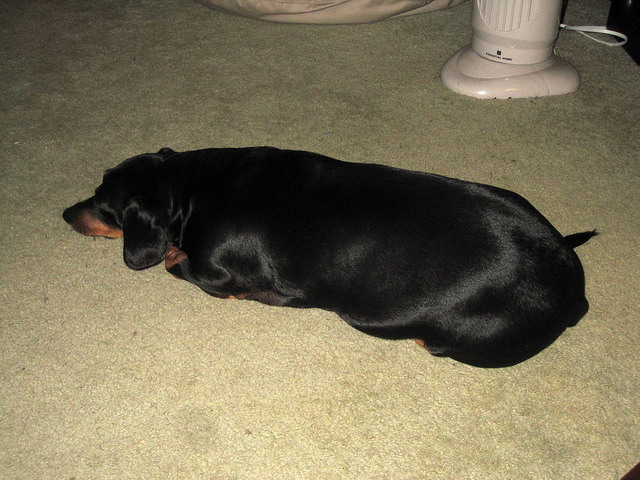
#1 – Can’t Feel Ribs
You should be able to feel your Doxie’s ribs when you run your hand over their middle. Dachshunds by nature always seem to have a bit of extra skin, so those ribs will most likely not be visible, but you should definitely be able to feel them.
#2 – Trouble Getting Around
An overweight Dachshund is going to have a very hard time getting around. Even short hop-ups will be almost impossible. You may notice your Doxie laying down a lot more, because it’s hard work to carry around extra pounds on those short legs.
#3 – No Definition
While we call them hot dogs and sausages, your Doxie should have more definition than the meat products they are nicknamed after. Their rib cage should stick out a bit from the rest of their body and then slim down slightly to a waist where their hips are. While this may not be as prominent in Doxies as it is in some other breeds, they definitely should have some definition. Dr. Sophia Yin’s website has a great, easy to follow guide for checking your Doxie’s body definition.
Frequently Ask Questions:
You might not have noticed how fat your Dachshund was getting until one day, you take a good hard look and notice how rotund they have become. Maybe you do not know how much they need to eat, or your dog does not like to go for long walks. Either way, overweight Dachshunds run into more health problems and shorter lifespans. Learn about their weight now before it becomes a problem.
How To Get Dachshund To Lose Weight?
Help your dog lose weight by preventing them from grazing all day on kibble. Instead, you should feed them a set amount at a set time. Scheduling when you feed your Dachshund has many benefits, but the ones that are most important for weight control. Keep in mind, if you have more than one dog, your Dachshund could be eating more than their fair share.
If you start feeding your Dachshund on a schedule, you will know exactly when and how much it is eating. Feed your dogs in different rooms to keep them from stealing each other’s leftovers. Once they are eating the right amount of food for their ideal weight, you may find that your Dachshund starts to lose weight even though nothing else has changed.
The easiest way to get your Dachshund to eat less is to cut back or stop giving them treats when they are not eating. This includes chew toys, dog treats, and scraps from the table. You can also give them small pieces of apples, green beans, or cut carrots as treats. Just make sure that each piece is small and does not have too many calories. And do not give them out too often!
How To Help My Miniature Dachshund Lose Weight?
You need to weigh your Dachshund before you can help him lose weight.
Keep track of your Dachshund’s weight loss if you know how much he weighs before you start. It will also help you see what is working and what is not with your Dachshund’s new weight loss plan.
You can have your Dachshund weighed at the vet’s office, or you can buy your own dog scale. However, if your Dachshund has gained weight in a noticeable way, you should take him to the vet right away. Dachshunds often get fat because they eat too much and do not move around enough.
Furthermore, neutering, heart disease, tumors, parasites, hypothyroidism, high blood pressure, and even some medications can also cause weight gain. Your vet will also be able to tell you if your Dachshund is too heavy for medical reasons and how you can help him lose weight in a healthy way over time.
Do not give your Dachshund any of your food, especially not from the table.
It might be tempting to try to give your Dachshund a piece of your dinner once in a while, but you can not do this anymore! These little things really do add up, and they will make your Dachshund eat a lot more food every day. You have to ignore those puppy eyes!
What Is A Healthy Weight For A Dachshund?
Dachshunds are all small dogs, but there are different sizes of Dachshunds. A Standard Dachshund should weigh between 16 and 32 pounds when fully grown. A Miniature Dachshund should weigh less than or equal to 11 pounds. The weight of a Tweenie is between 11 and 16 pounds. The Standard Dachshund’s normal weight range depends on the age of the dog. A Dachshund is fully grown by the time it is about a year old, so it should not gain a lot of weight after that.
What Weight Should A Dachshund Be?
Your dog’s weight depends on their health and how their bones are made. A Dachshund’s owner needs to have a good eye to know what its ideal weight is, and the right amount of a healthy diet and regular exercise are needed to keep it at that weight. Although, the breed standard is a good place to start.
It says that a miniature Dachshund should weigh 11 pounds or less, while a standard Dachshund should weigh between 16 and 32 pounds, depending on how tall and long it is. In addition, the Dachshund’s body should be slim and strong, with a clear arch behind the ribs that leads to the back end.
What Weight Should A Mini Dachshund Be?
Mini Dachshunds are so short they are prone to back problems leading to problems with health and happiness. A full-grown Mini Dachshund should weigh less than 11 pounds. If the dog weighs more than 11 pounds, he may be overweight or should be considered a Standard Dachshund. A vet can look at your dog’s health and tell you if he is too heavy.
Is My Dachshund Overweight?
Most of the time, a Dachshund that is overweight has trouble moving around.
Mini Dachshunds have short legs, so it does not take much for their bellies to drag on the ground when they gain weight. Your dog may also have trouble moving around if he or she is too fat.
Additionally, they might not be able to run or jump anymore, or they might seem tired. You might also not be able to feel your dog’s ribs. A healthy dog’s ribs should be easy to find, but if the dog is overweight, fat can build up around the ribs and make them hard to feel.
What Is Overweight For A Dachshund?
When a dachshund weighs more than 15% more than it should for its size and body type, it is considered overweight. A Dachshund that is obese is more than 30% heavier than the ideal weight.
How Long Do Overweight Dachshunds Live?
The average lifespan of a Dachshund is between 12 and 15 years, though some live longer and others live shorter lives. Accidents, back problems, genetics, diseases, and their weight can all cut a Dachshunds life span short. New research found that the average lifespan of overweight dogs was up to 2.5 years shorter than the average lifespan of healthy-weight dogs.
Why Are Dachshunds Always Hungry?
Dachshunds are prone to back problems that can be painful and make them unable to move. Because of this, they should never be overfed or allowed to lose muscle and shape. Unfortunately, the more a Doxie eats, the more often they want to eat.
However, you need to find a balance between giving your dog the right amount of food without having to wait for their meal. While larger dogs can eat less frequently, smaller dogs like Dachshunds are tiny and need meals more often. They may also be hungry all the time because their foods do not provide adequate nutrition. Focus on foods high in proteins and low in carbs without fillers to keep your dog’s hunger sated.
What Is The Best Food To Feed A Dachshund?
The best food for your Dachshund is the one they are willing to eat that provides the best nutrition possible. Protein is important for building muscle, which is very important for dogs that like to run and play. They also need some fats, vegetables, and a little bit of carbohydrates.
Avoid feeding your dogs food filled with preservatives and fillers and instead focus on whole foods like chicken, beef, and vegetables. Grain-based dog food, like soy, corn, wheat, etc., is not thought to be healthy or good for your dog. Picky dogs may do better with home-cooked meals. However, always check with your veterinarian to ensure your dog gets the best supplements and the right ratio of protein and fat for their weight and breed.
Overweight Breed Informational Pages
- Is My Bulldog Overweight Or Obese?
- Is My Chihuahua Overweight Or Obese?
- Is My Corgi Overweight Or Obese?
- Is My Dachshund Overweight Or Obese?
- Is My Doberman Overweight Or Obese?
- Is My German Shepherd Overweight Or Obese?
- Is My King Charles Spaniel Overweight Or Obese?
- Is My Lab Overweight Or Obese?
- Is My Maltese Overweight Or Obese?
- Is My Pit Bull Overweight Or Obese?
- Is My Pomeranian Overweight Or Obese?
- Is My Rottweiler Overweight Or Obese?
- Is My Shih Tzu Overweight Or Obese?
- Best Joint Supplement for Dogs
- Best CBD Gummies for Dogs
- Goat's Milk for Dogs
- Skin & Coat Supplements for Dogs
- Weight Gain Supplements for Dogs
- Muscle Building Supplements for Dogs
- Heart Supplements for Dogs
- Multivitamins for Dogs
- Pill Pockets for Dogs
- Digestive Enzymes for Dogs
- Turmeric for Dogs
- Liver Supplements for Dogs
- Tear Stain Supplement for Dogs
- Breath Fresheners for Dogs
- Kidney, Urinary, & Bladder Supplements for Dogs
- Stool Eating Deterrent for Dogs
- Eye Supplements for Dogs
- Melatonin for Dogs
- Apple Cider Vinegar for Dogs
- Green Lipped Mussels for Dogs
- L Theanine for Dogs
- Chondroitin Supplements for Dogs
- MSM for Dogs
- Valerian Root for Dogs
- Chamomile for Dogs
- Boswellia for Dogs
- L Tryptophan for Dogs
- Yucca for Dogs
- Licorice Root for Dogs
- Bromelain for Dogs
- Papain for Dogs
- Devil's Claw for Dogs
- Quercetin for Dogs
- Hemp gummy for dogs
- Best Hemp Dog Treats
- Best Hemp Oil for Dogs
- Best Calming Treats, Chews, & Supplements for Dogs
- Best Bone Broth for Dogs
- Best Fish Oil for Dogs
- Best Probiotics for Dogs
- Best Hip Dysplasia Supplements for Dogs
- Best Colostrum for Dogs
- Best Quercetin for Dogs
- Best Greens for Dogs Supplements
- Best Vitamin C Supplements for Dogs
- Best Probiotic for Dog with Allergies
- Best Taurine Supplements for Dogs
- Best Dog Food Toppers
- Best Anal Gland Supplement for Dogs
- Best Dog Probiotic Powder
- Best CoQ10 Supplement for Dogs
- Best Liquid Glucosamine for Dogs
- Best Wrinkle Creams, Balms, and Wipes for Dogs
- Best Puppy Calming Treats
- Best Colloidal Silver for Dogs
- Best Adaptogen Supplements for Dogs
- Best Cognitive Supplements for Dogs
- Best Bee Pollen for Dogs
- Best Vitamin A Supplements for Dogs
- Best Vitamin E Supplements for
- Best Liquid Glucosamine Supplements for Dogs
- Best SAM-e Supplements for Dogs
- Best Hyaluronic Acid Supplements for Dogs
- Best Apple Cider Vinegar Supplements for Dogs
- Best Diarrhea Medicine for Dogs
- Best Milk Thistle for Dogs
- Best Turkey Tail Mushroom Supplements for Dogs
- Best Astaxanthin Supplements for Dogs
- Best Lutein Supplements for Dogs
- Best Electrolyte Supplements for Dogs
- Best Coconut Oil for Dogs
- Best Prenatal Vitamins for Dogs
- Best Puppy Milk Replacements
- Best Iron Supplements for Dogs
- Best Dewormer Products for Dogs
- Best Mange Medications for Dogs
- Best Cough Relief Products for Dogs
- Best Sinus Relief Products for Dogs
- Best Collapsed Trachea Supplements for Dogs
- Best Fireworks Anxiety Relief Products for Dogs
- Best Thunderstorm Anxiety Relief Products for Dogs
- Best Travel Anxiety Relief Product for Dogs
- Best Supplements for a Dog with a Torn ACL
- Best Supplements for a Dog with Patellar Luxation
- Best Supplements for a Dog with Intervertebral Disc Disease
- Best Zinc Supplements for Dogs
- Best Biotin Supplements for Dogs
- Best Tart Cherry Supplements for Dogs
- Best Resveratrol Supplements for Dogs
- Best Ginkgo Biloba Supplements for Dogs
- Best Ashwagandha Supplements for Dogs
- Best Supplements for Dogs with Cushing's Disease
- Best Adrenal Supplements for Dogs
- Best NAD+ Supplements for Dogs
- Best NMN Supplements for Dogs
- Best Supplements for Dogs with Dementia
- Best Supplements for Dogs with CCD(Canine Cognitive Dysfunction)
- Best Fiber Supplements for Dogs
- Best Spirulina for Dogs
- Best Hairball Remedies for Dogs
- Best Eye Drops for Dogs with Allergies
- Best Magnesium Supplements for Dogs
- Best Brushes for Double-Coated Dogs
- Best Dandelion Root Supplements for Dogs
- Best Probiotic for Dogs with Yeast Infections
- Best Flaxseed Oil for Dogs
- Best Chamomile Supplements for Dogs
- Best Lavender Supplements. Treats & Sprays for Dogs
- Best Collagen Supplements for Dogs
- Best Kelp Supplements for Dogs
- Best Activated Charcoal for Dogs
- Best Slippery Elm Supplements for Dogs
- Best Supplements for Dogs with Seizures & Epilepsy
- Best Antioxidant Supplements for Dogs
- Best Ubiquinol Supplements for Dogs
- Best Hormone & Glandular Supplements for Dogs
- Best Thyroid Supplements for Dogs
- Best Iodine Supplements for Dogs
- Best Dog Shedding Supplements for Dogs
- Best Detox Supplements for Dogs
- Best Postbiotics for Dogs
- Best Aspirin Products for Dogs
- Best Dog Anti-Nausea Products
- Best Dog Mouthwashes
- Best Camelina Oils for Dogs
- Best Hemp Seed Oils for Dogs
- Best Natural Anti-Inflammatories for Dogs
- Best Cancer Supplements for Dogs
- Best Sardine & Anchovy Oils for Dogs
- Best Fatty Acid Supplements for Dogs
- Best Chia Seed Supplements & Treats for Dogs
- Best Olive Oils for Dogs
- Best Amino Acid Supplements for Dogs
- Best Moringa Supplements for Dogs
- Best Echinacea Supplements for Dogs
- Best Cranberry Supplements for Dogs
- Best D-Mannose Supplements for Dogs
- Best Nettle Leaf Supplements for Dogs
- Best Marshmallow Root Supplements for Dogs
- Best Astragalus Supplements for Dogs
- Best Pumpkin Seed Supplement for Dogs
- Best Supplements for a Dog Wetting The Bed
- Best Blueberry Supplement for Dogs
- Best Bromelain Supplements for Dogs
- Best Yucca Supplements for Dogs
- Best Ginger Supplements for Dogs
- Best Rosehip Supplements for Dogs
- Best Allergy Medicines for Dogs
- Best Reishi Mushroom Supplement for Dogs
- Best Maitake Mushroom Supplement for Dogs
- Best Chaga Mushroom Supplement for Dogs
- Best Shiitake Mushroom Supplement for Dogs
- Best Cordyceps Mushroom Supplement for Dogs
- Best Lion's Maine Supplement for Dogs
- Have question? - Ask in our Dog Health Forum


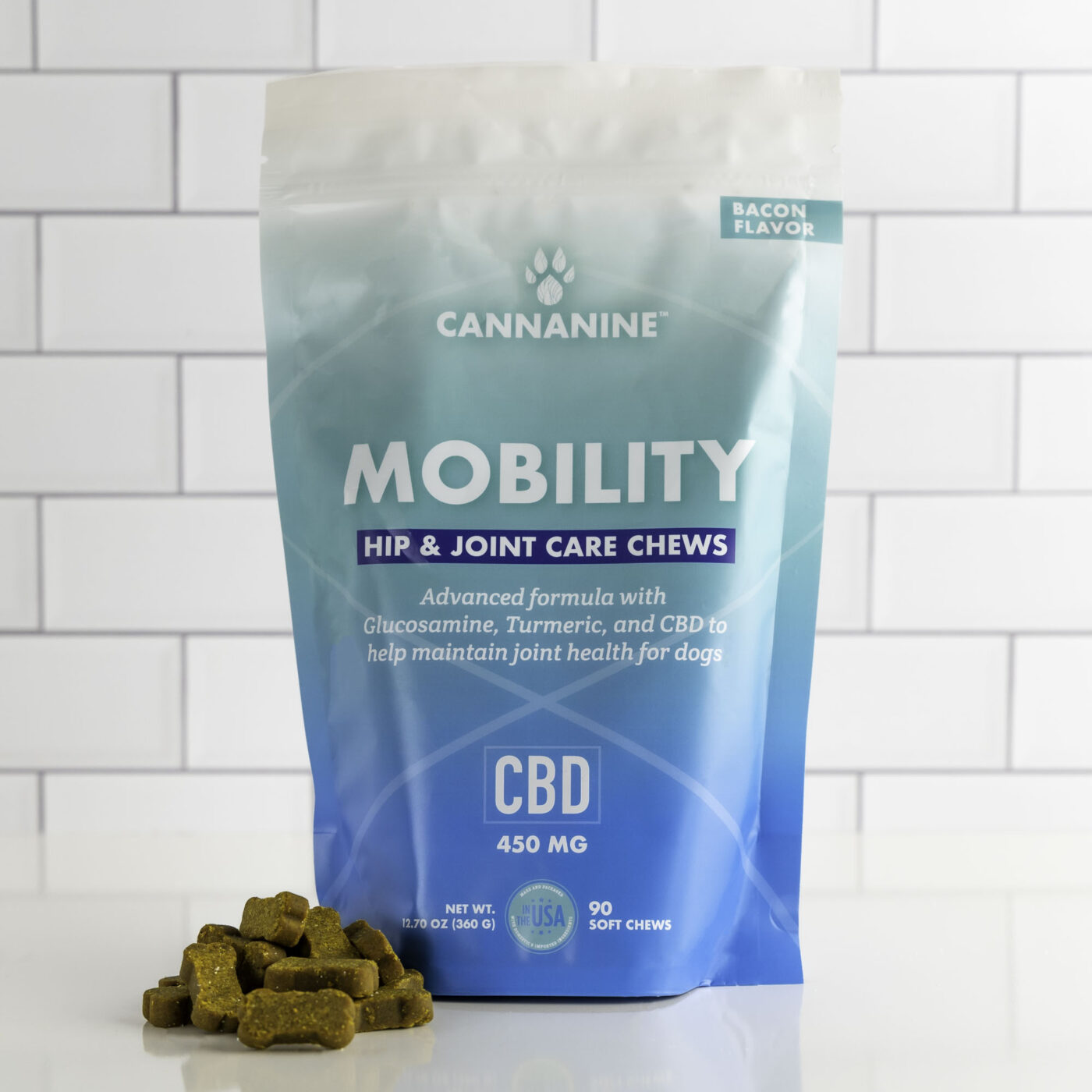
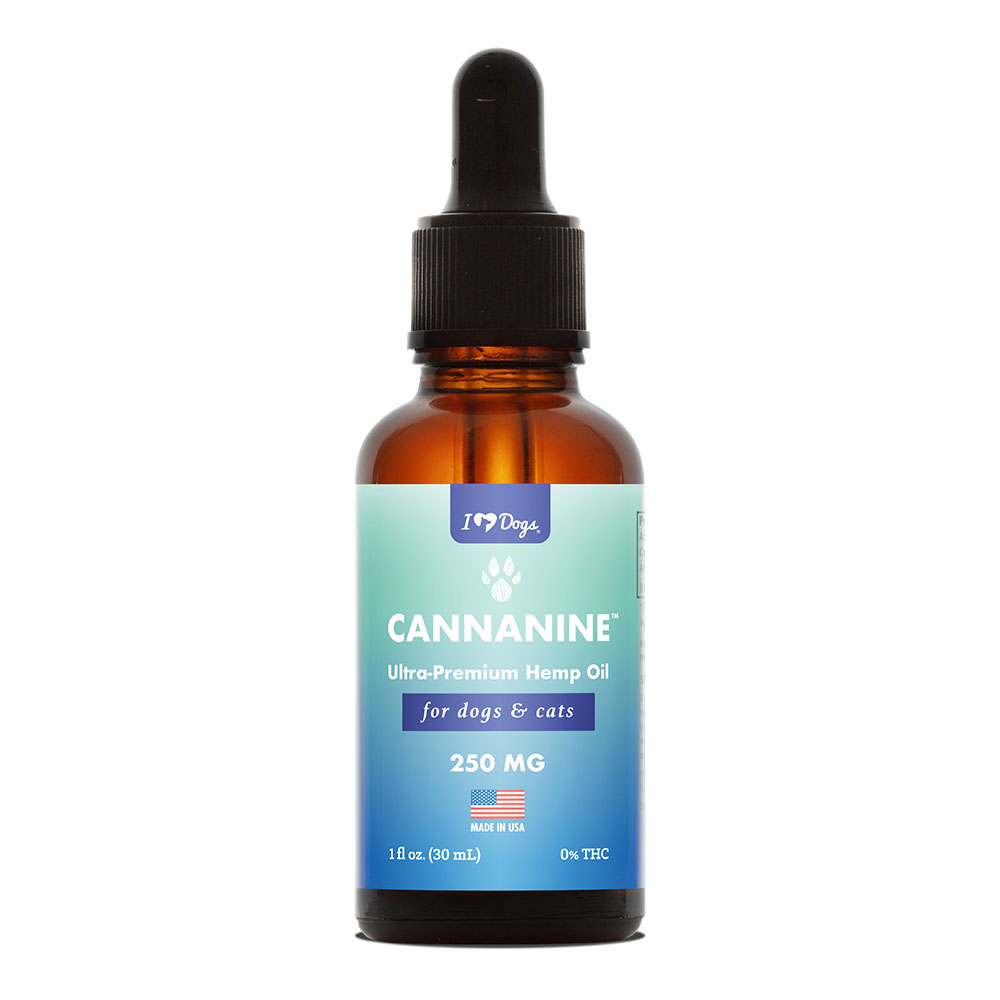
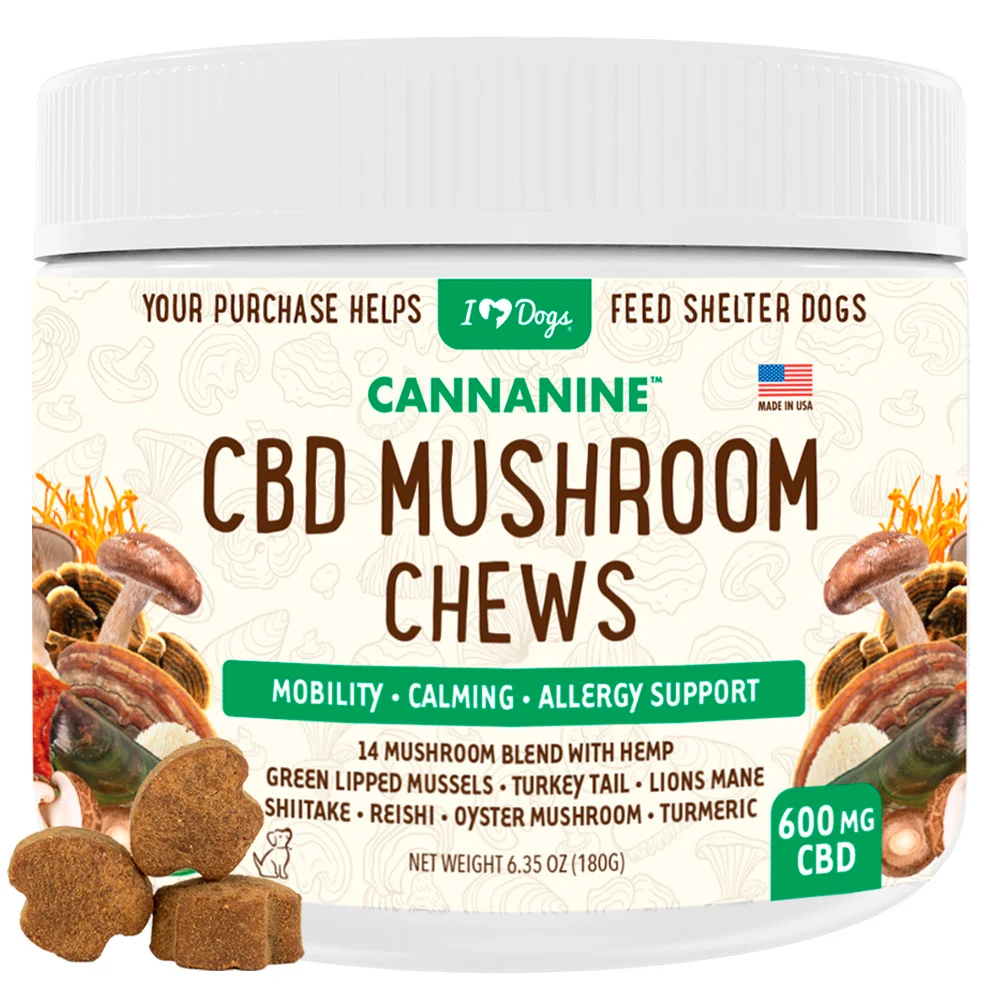
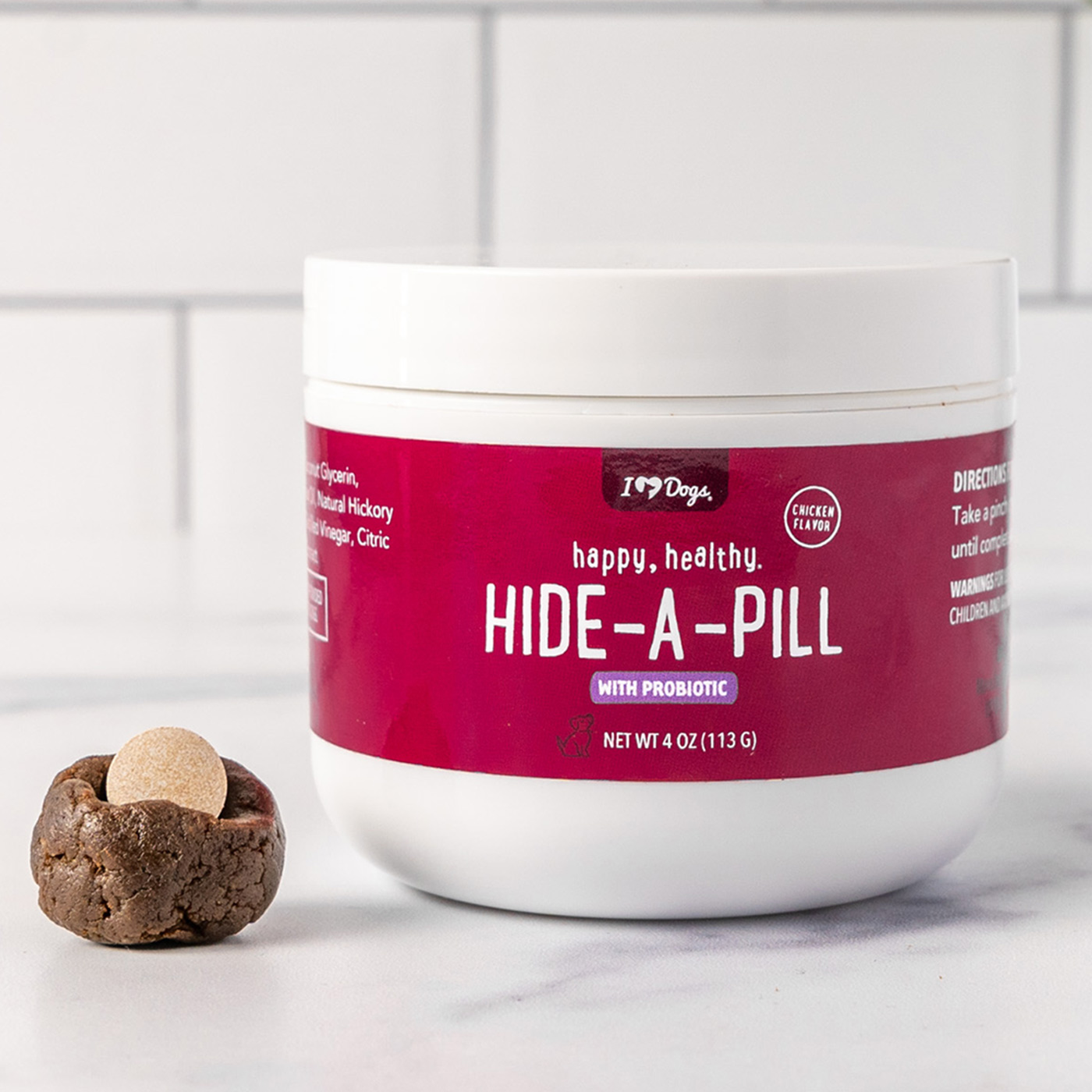

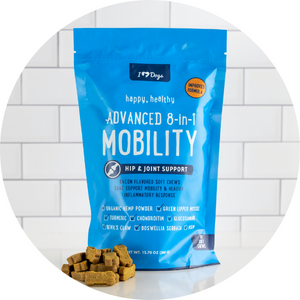
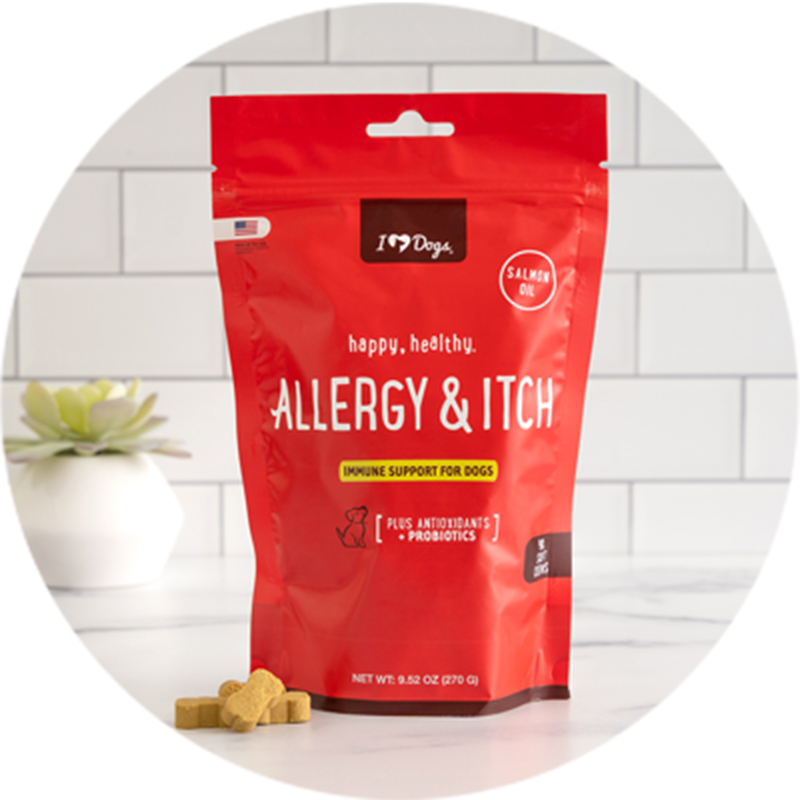
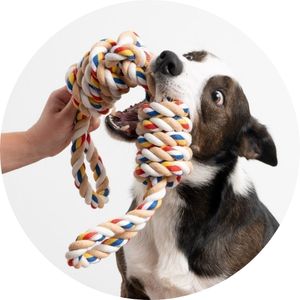
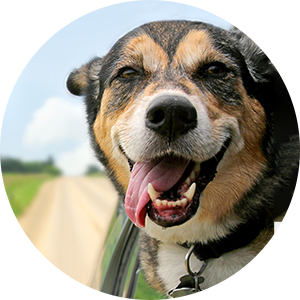
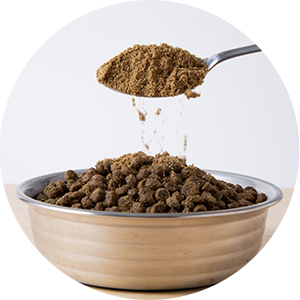
 Toledo, United States.
Toledo, United States.
